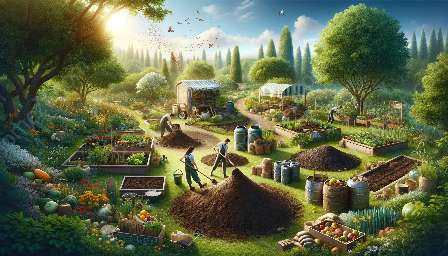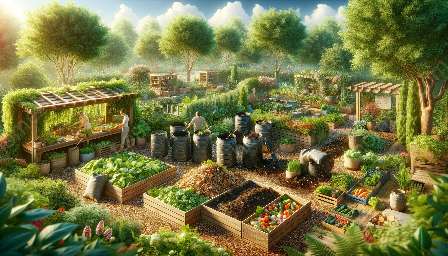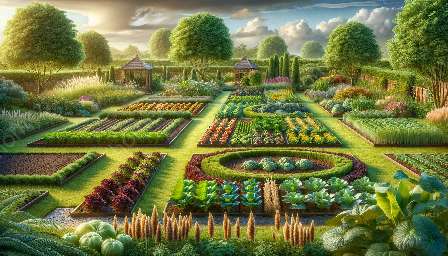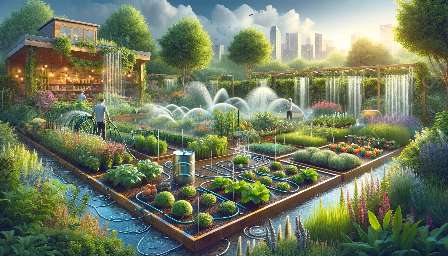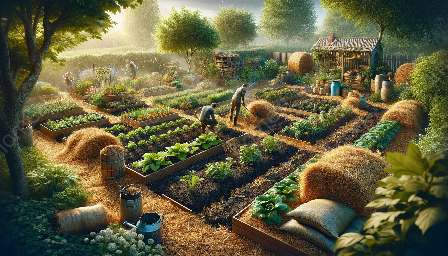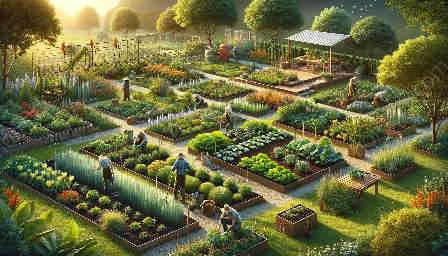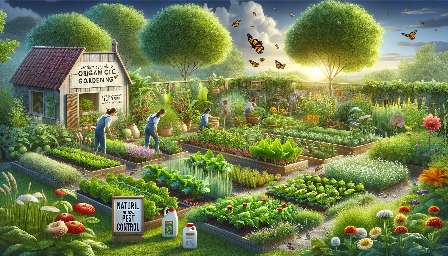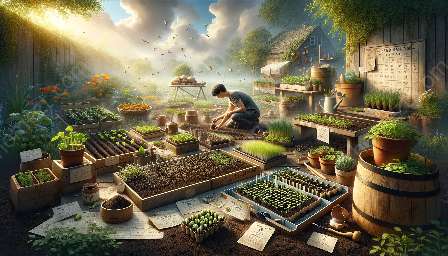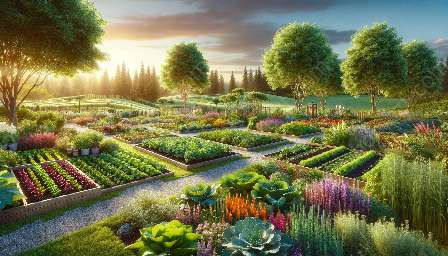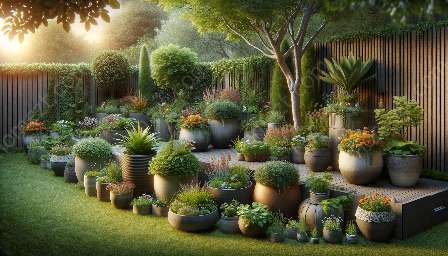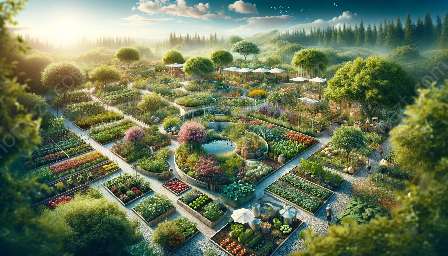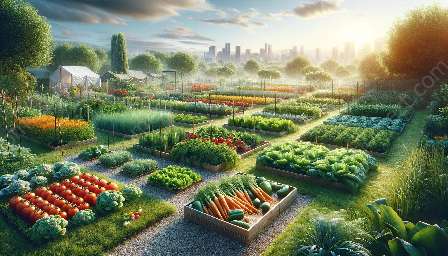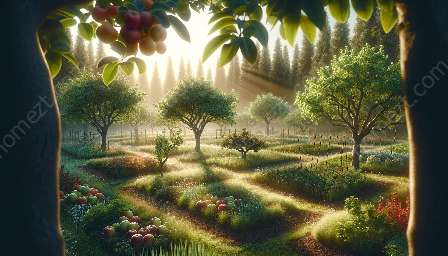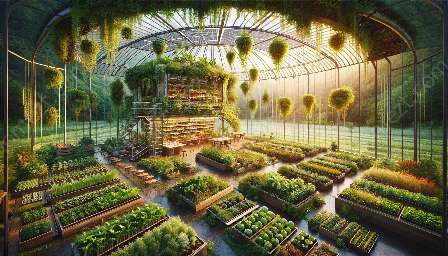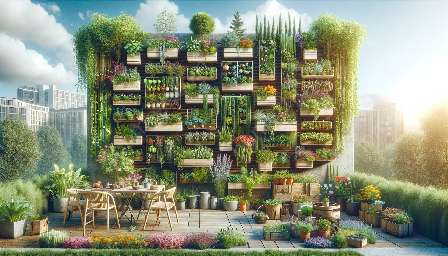Organic gardening and landscaping are not only about growing beautiful plants and maintaining a visually appealing outdoor space; they also encompass sustainable, environmentally-friendly practices. One crucial aspect of successful organic gardening and landscaping is mastering the art of watering techniques, ensuring that plants receive the right amount of water at the right time to thrive while conserving this precious resource. In this comprehensive guide, we will delve into various watering techniques, their benefits, and how they can be seamlessly integrated into organic gardening and landscaping practices.
Importance of Watering Techniques in Organic Gardening
Watering techniques play a pivotal role in the success of organic gardening. When it comes to cultivating crops or nurturing ornamental plants in an organic garden, the way water is supplied can significantly impact their overall health, growth, and ability to resist diseases and pests. Moreover, water conservation is a fundamental principle in organic gardening, aiming to use water efficiently without waste or harmful runoff.
Drip Irrigation
Drip irrigation is a highly efficient watering technique that delivers small, precise amounts of water directly to the base of plants, minimizing water loss through evaporation or runoff. It provides consistent moisture to the root zones, promoting healthy root development and reducing the risk of foliage diseases common with overhead watering. This method is particularly beneficial for organic gardening, as it conserves water and prevents weed growth by targeting the intended plants.
Soaker Hoses
Soaker hoses are porous, allowing water to seep directly into the soil along the length of the hose. They are ideal for organic gardening, as they deliver water directly to the root zones, minimizing evaporation and water waste. Additionally, soaker hoses can be easily incorporated into landscaping designs, providing a discreet and efficient watering solution for flower beds, vegetable gardens, and shrub borders.
Mulching
Mulching is a multifaceted technique that not only conserves moisture but also regulates soil temperature and suppresses weed growth. Organic gardening greatly benefits from mulching, as it helps retain soil moisture, reducing the frequency of watering while enriching the soil as it decomposes. By incorporating organic mulch materials, such as compost, straw, or wood chips, gardeners can create a sustainable water-saving environment for their plants.
Integrating Watering Techniques into Landscaping
When it comes to landscaping, incorporating efficient watering techniques is essential to maintain a healthy and vibrant outdoor space. By integrating watering systems that prioritize water conservation and optimize plant health, landscapers can contribute to sustainable environmental practices while achieving stunning aesthetic results.
Rainwater Harvesting
Rainwater harvesting involves collecting and storing rainwater for later use in watering plants. This practice aligns perfectly with organic gardening and landscaping principles, as it reduces dependence on municipal water supplies and minimizes the environmental impact of irrigation. Utilizing rain barrels or cisterns to capture rainwater not only conserves water but also provides plants with a natural, nutrient-rich water source.
Smart Irrigation Systems
Modern advancements in irrigation technology have led to the development of smart irrigation systems that utilize weather data, soil moisture sensors, and programmable controls to deliver precise amounts of water when and where it's needed. These systems are highly compatible with organic gardening and landscaping, as they promote water efficiency, reduce water wastage, and contribute to the overall health of the plants and soil. By embracing smart irrigation solutions, landscapers can ensure optimal plant growth while minimizing water usage.
Xeriscaping
Xeriscaping is a landscaping approach that emphasizes water conservation through the use of drought-tolerant plants, strategic mulching, and efficient irrigation methods. By combining xeriscaping principles with organic gardening practices, landscapers can create visually stunning outdoor environments that thrive with minimal water resources. This approach not only benefits the environment but also reduces maintenance needs while enhancing the natural beauty of the landscape.
Conclusion
Watering techniques are fundamental to the success of organic gardening and landscaping, enabling sustainable plant growth, conservation of water resources, and the creation of vibrant outdoor spaces. By implementing these techniques, gardeners and landscapers can embrace environmentally-friendly practices while nurturing beautiful, resilient plants. Whether through drip irrigation, soaker hoses, mulching, rainwater harvesting, smart irrigation systems, or xeriscaping, the integration of efficient watering techniques enhances the overall health and longevity of organic gardens and landscapes, contributing to a greener and more sustainable tomorrow.

